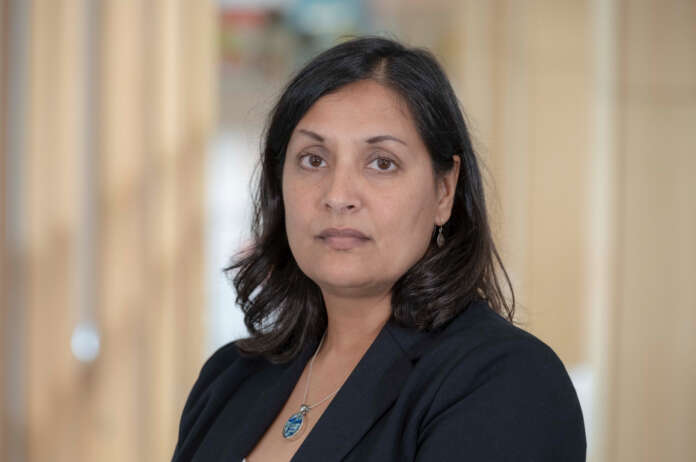According to the targets defined by the European Union, we need to phase out coal by 2030. A very positive signal was sent by at least 23 nations that made new commitments to phase out coal power at COP26, ongoing in Glasgow. In a new Global Coal to Clean Power Transition Statement, countries also committed to scaling up clean power and ensuring a just transition away from coal.
Yet many countries do not have a clear date set. CEENERGYNEWS spoke with Professor Tahseen Jafry who leads the pioneering Centre for Climate Justice at Glasgow Caledonian University about what else is needed to accelerate the coal phase-out and how countries must take the social aspect into account.
“It is more about incentives and leadership here,” Mrs Jafry begins. “If you don’t have a commitment or political drive and a vision, there are no measures and policies that work. At best we have 10 years, so dates like 2038 [like the Czech Republic] are too late.”
In her point of view, it is not the approach but the political will to drive an agenda that is going to be uncomfortable and challenging but needs to be driven. Here comes the proactivity or lack of it of the CEE region.
“Activities are needed as well as cuts into the coal industry,” she says. “Proactivity requires robustness not only financial support but also social policies in place in terms of how to support the people affected by the closure of coal mines.”
And the EU’s planned Carbon Border Adjustment Mechanism could impact the coal phase-out in a positive way.
“Yes, it can help,” agrees Professor Jafry. “But what is important with the coal phase-out is to track not only how it’s done but how it is measured, to track it historically because we need to be able to tell the story of the phase-out. But to be able to tell that we need to plan ahead.”
Speaking of the social aspect, during an online event entitled A Just Transition from Coal: Exploring UK experiences with Central and Eastern Europe, co-organised by the UK Embassy in Budapest, Mrs Jafry mentioned that it is important to not just protect the young generation but also those people over 50 years old.
“If you are over 50 you are part of a very knowledgeable workforce,” she explains. “With the right support, there is not much needed to retain this workforce shifting it towards renewable energy technologies. Everybody needs to be on this journey together and it will be unjust to see that is going to be challenging.”
“We have to embrace a transition that is fair for everybody, no matter what age. Transition is not just developing renewables but also helping a smooth transition for those workers in the coal industry.”
But how can we really get everybody on board considering the huge existing disparities between countries?
“The COVID pandemic has had a huge bearing on the already enormous economic gap between the rich and the poor,” Mrs Jafry mentions. “The COVID-19 has demonstrated to us that the rich can provide financial resources so fast that we developed a vaccine in record time.”
“It makes you wonder why we are facing a climate emergency and why the world cannot galvanise to the same extent what it did with COVID.”
According to her, with issues of climate justice and social inequality, climate change is making things even worse and some people are suffering the most at the point of committing suicides.
“We have to think carefully of not just the contribution that the world needs to make to save the poorest,” she points out. “The faster we will bring down emissions the better would be the world. As regarding funds, the money promised after signing the Paris Agreement never happened. When it comes to financing and funds is important to match them with the needs and aspirations of people who need the funds the most and it is the most difficult to get funds to remote communities.”
COP26 is currently ongoing in Glasgow and we have already seen some of the outcomes. By the end, Mrs Jafry hopes to see two sets of ambition: first to get harder nationally determined contribution targets and, on the other hand, to be clear on what those targets are (both on the mitigation side of things and the adaptation side).
“Countries need not only to adapt but to build resilience too,” she concludes. “It is about providing the funding that is going to help people adapt and particularly for the poorest countries. I would like to see a very clear people-focused outcome. COP26 has to be people-centred to make sense.”



